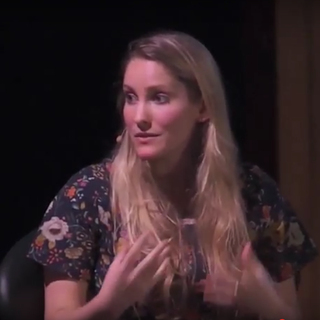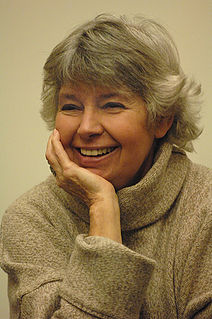A Quote by Anita Sarkeesian
There’s no such thing as sexism against men. That's because sexism is prejudice + power. Men are the dominant gender with power in society.
Related Quotes
If we are ever to construct a feminist movement that is not based on the premise that men and women are always at war with one another, then we must be willing to acknowledge the appropriateness of complex critical responses to writing by men even if it is sexist. Clearly women can learn from writers whose work is sexist, even be inspired by it, because sexism may be simply one dimension of that work. Concurrently fiercely critiquing the sexism does not mean that one does not value the work.
We think that we live in a heterosexual society because most men are fixated on women as sexual objects; but, in fact, we live ina homosexual society because all credible transactions of power, authority, and authenticity take place among men; all transactions based on equity and individuality take place among men. Men are real; therefore, all real relationship is between men; all real communication is between men; all real reciprocity is between men; all real mutuality is between men.
It is an absolute impossibility in this society to reversely sexually objectify heterosexual men, just as it is impossible for a poor person of color to be a racist. Such extreme prejudice must be accompanied by the power of society's approval and legislation. While women and poor people of color may become intolerant, personally abusive, even hateful, they do not have enough power to be racist or sexist.
The necessity for power is obvious, because life cannot be lived without order; but the allocation of power is arbitrary because all men are alike, or very nearly. Yet power must not seem to be arbitrarily allocated, because it will not then be recognized as power. Therefore prestige, which is illusion, is of the very essence of power.
There's obviously instances where I perceive sexism in my job. ... I think that the sort of sexism that I see has been one that's a little bit like a gentler form of sexism, but still a little bit debilitating, which is that when, as a producer and a writer, whether it was at The Office or [at The Mindy Project], if I make a decision, it'll still seem like it's up for debate.

































